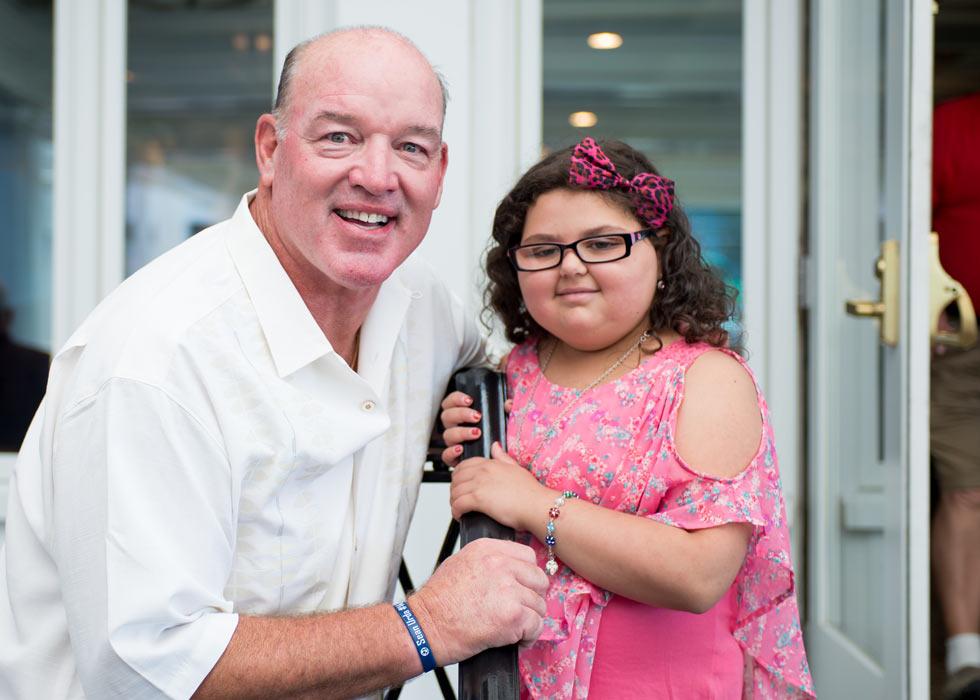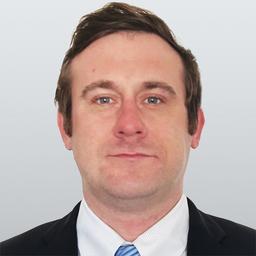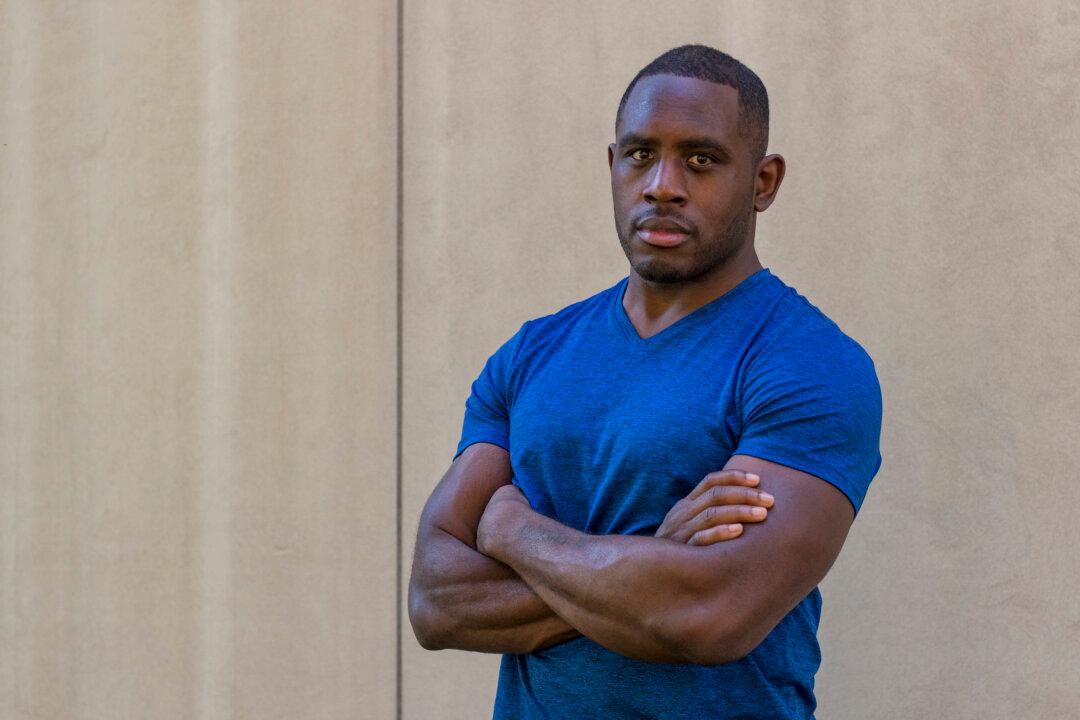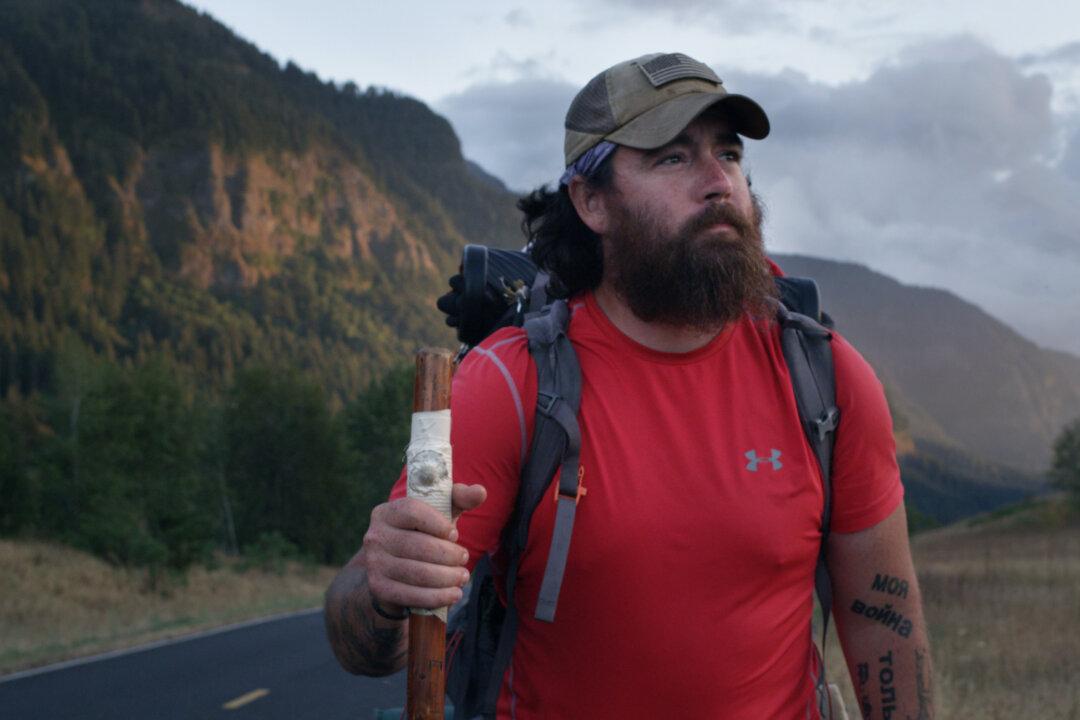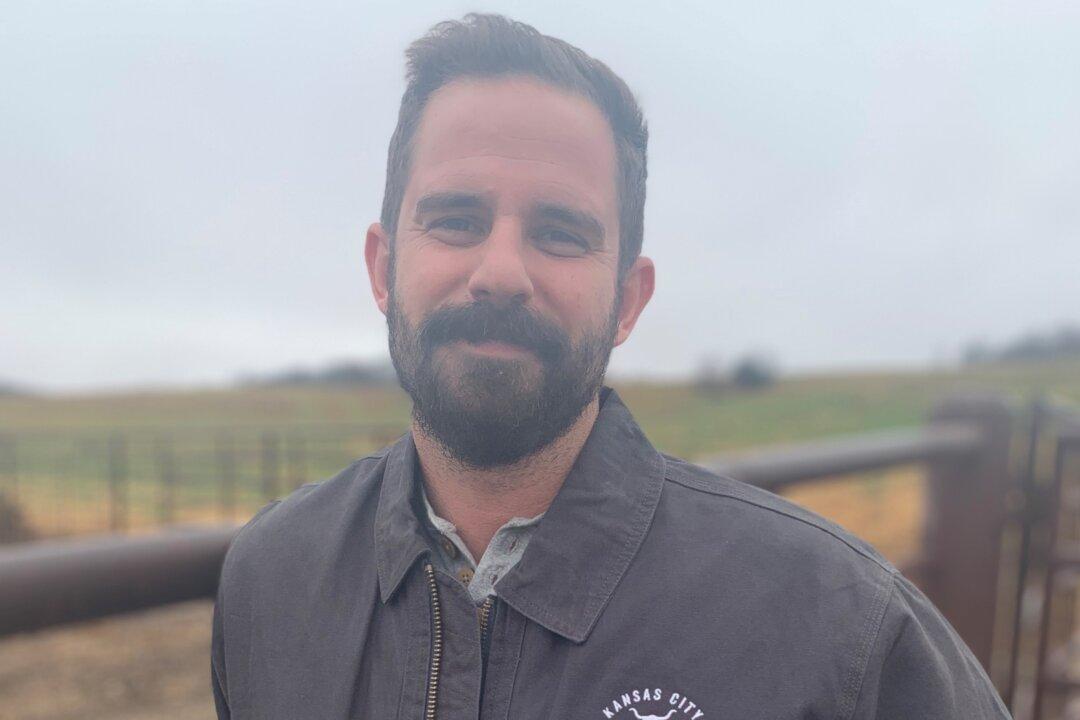Marty Lyons is best known as the legendary New York Jets defensive tackle who was part of the team’s New York Sack Exchange, the front four defensive linemen for the team famed for their ability to take down quarterbacks in the early 1980s. He played with the Jets for 11 seasons and was named the NFL’s Man of the Year in 1984. What’s less known is the work he’s done off the field for more than 35 years.
Lyons, now 63, lives in Smithtown, New York. Early in his career, he became a big brother figure to a young boy named Keith, whom he met at a fundraiser for leukemia in 1980. Keith was only 3 years old and was terminally ill. Lyons approached him and spent the day trying to coax him into opening up. At the end of the event, Keith came up to Lyons and hugged him, telling him, “I love you.”

